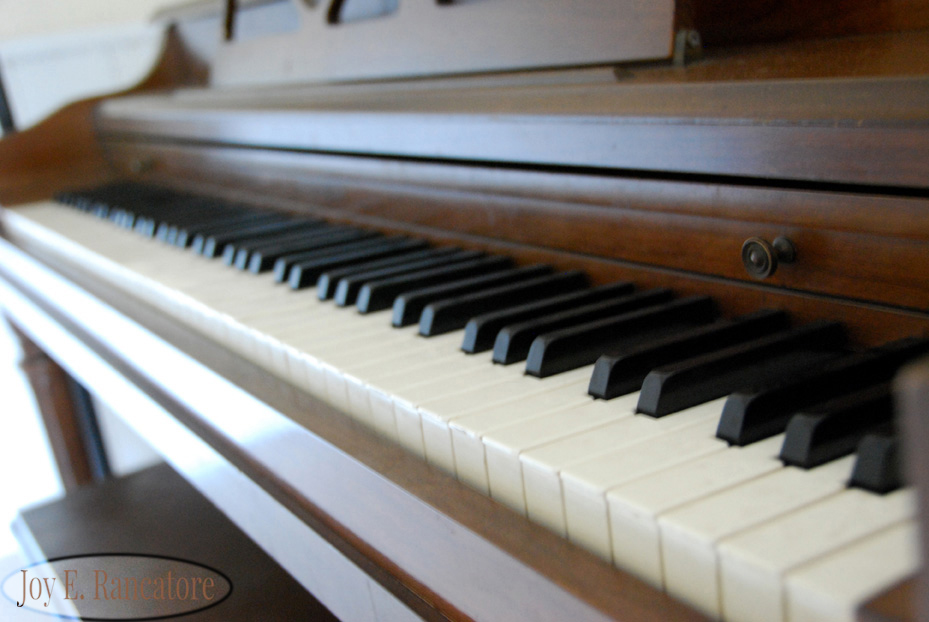Music has always impacted me in big ways. Seriously, each period of my life could have its own soundtrack.
There’s one thing about music that occurred to me a few weeks ago when I attempted to listen to an audiobook for the first time. (Yes, there are similarities; just follow me with a little faith.)
Tell me a story, unknown narrator
I tried. I really did. The benefits to listening to an audiobook are multitudinous. So, I tried. I figured I had held out long enough and had no good reason not to give it a try—and probably, I thought, love it.
The book I tried interested me. The narrator wasn’t horrible. But, something was missing, something with an importance far greater to me than I ever realized.
Punctuation.
And then it hit me: The same reason I still want a hymnbook in my hands when I sing praises at church is why I must read a book with all its glorious punctuation.
Musical signatures and punctuation marks
You see, music notes and rests and time signatures and note dynamics and tiny things like fermatas mean something—no, they mean everything—in music. They give fullness and subtlety to a melody. They draw the singer in to a song and give them a glimpse into the composer’s creative mind. Without these symbols, singing deeply and correctly, singing with proper understanding is impossible.
So it is with punctuation. Commas, semi-colons, dashes and hyphens conduct the reader along, giving subtle directions, dropping hints on interpretation.
You see, every student of grammar knows the rules of punctuation; but scholars of punctuation know those rules may be broken and that when they are broken, there’s a reason and a purpose.
Punctuation contains tremendous power!
Glimpses of creative intent
Without these conducting guidemarks, you’re just hearing someone else’s interpretation of the music or words. You’re not allowed a glimpse at the creator’s intent in order to develop your own interpretation.
Musical symbols and punctuation are tiny, easily-overlooked details that mean everything to the singer or reader.
Without them, the participant must straggle like a traveler without a map or the ability to speak the local language in a foreign land.
These tiny numbers and letters and curves and dots and dashes may seem unimportant; but, without them, all hope of truly understanding the nuance or deeper meaning or creator’s intent disappears. The heart of a work resides within these minuscule notations.
Riddle me this: What’s your favorite punctuation mark? Which one confuses the mess out of you? Leave me a comment below or send me an email!


